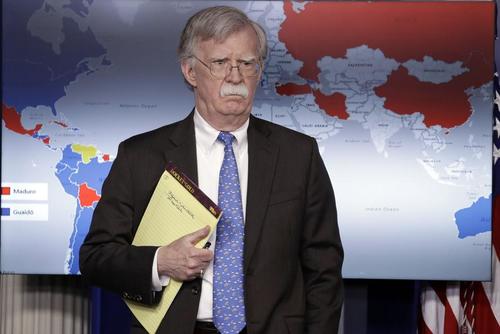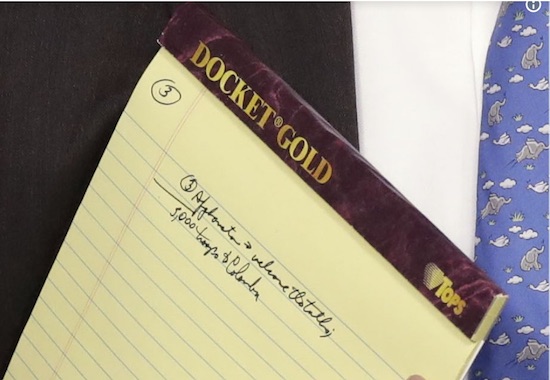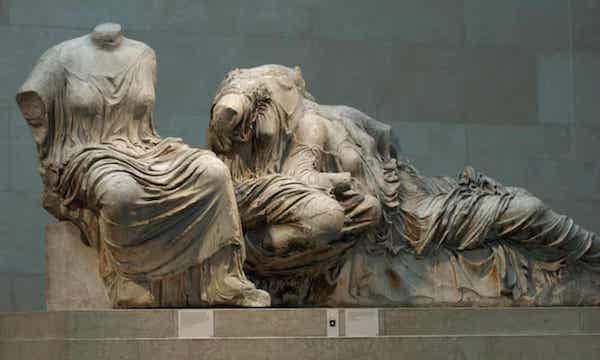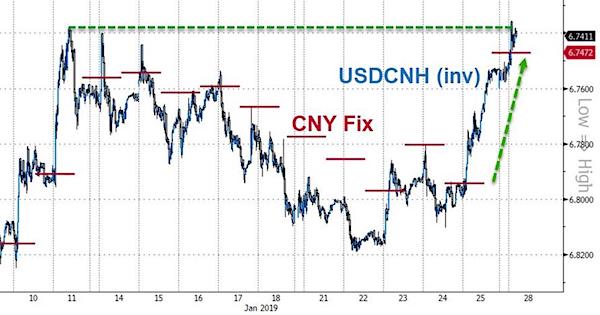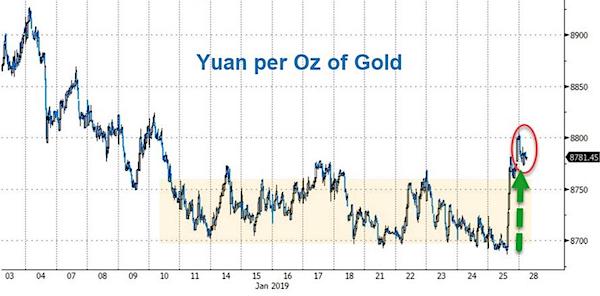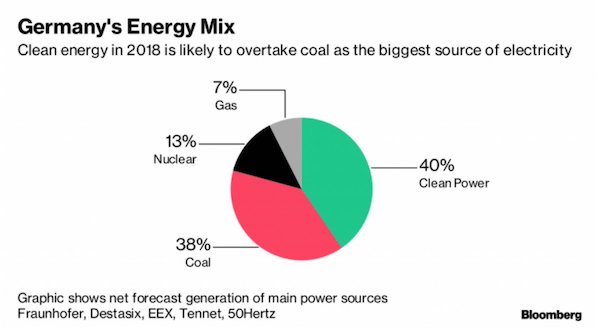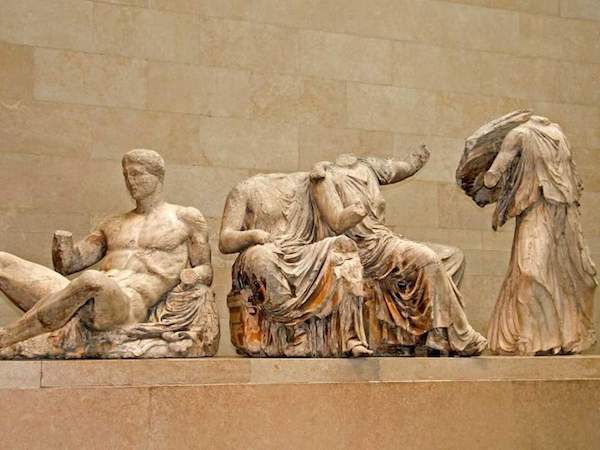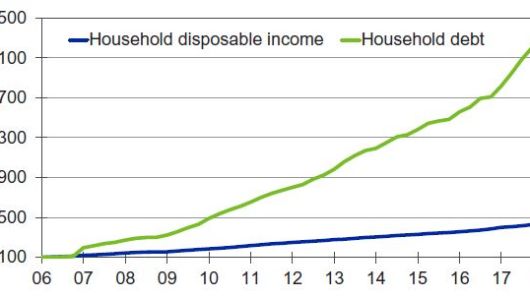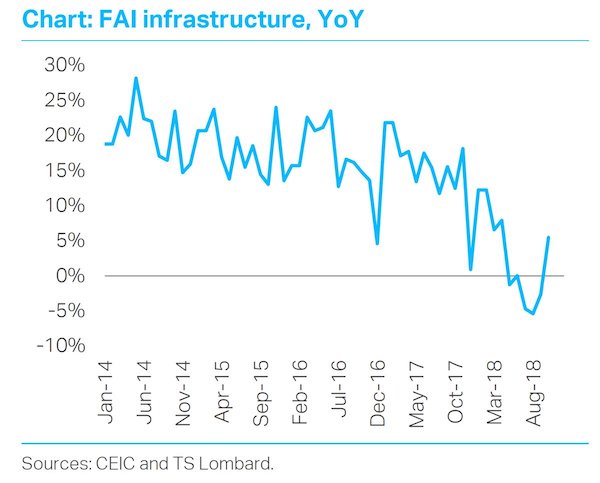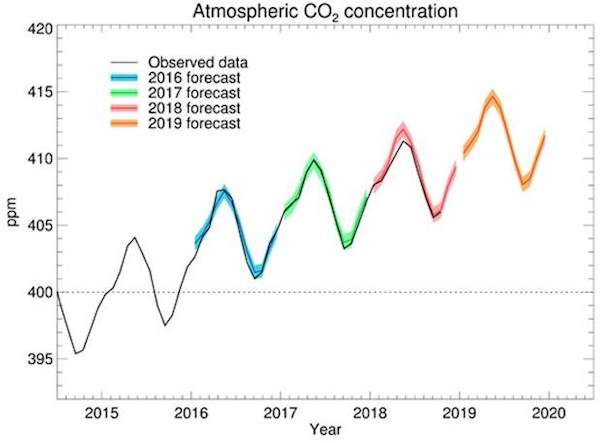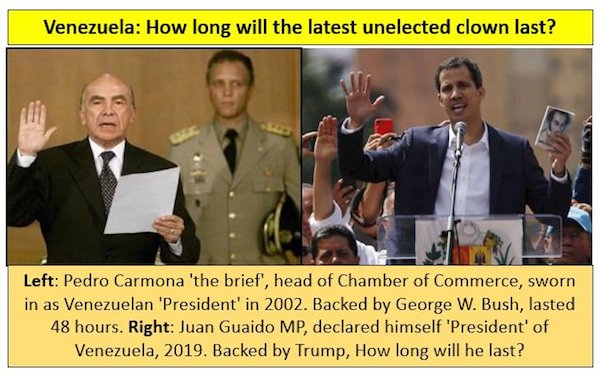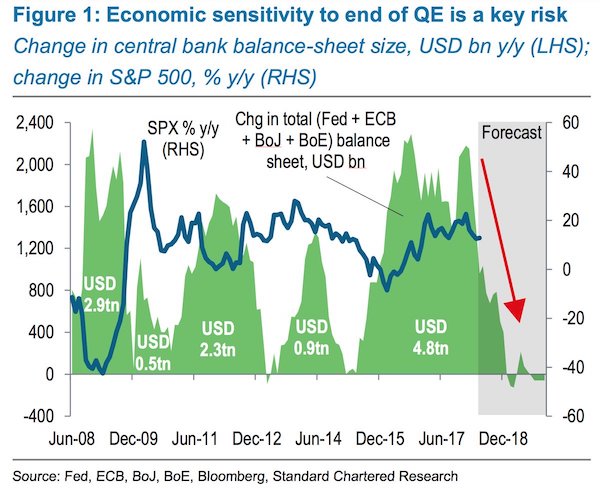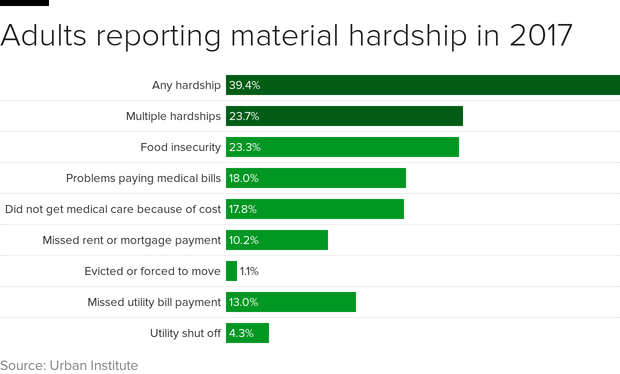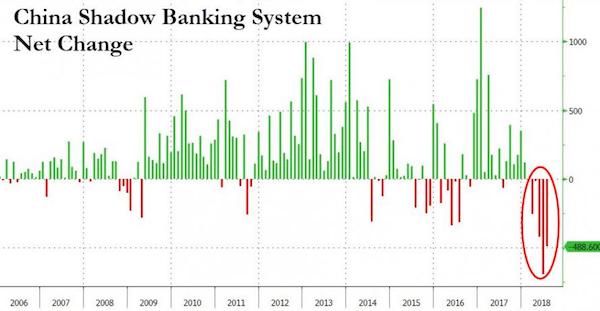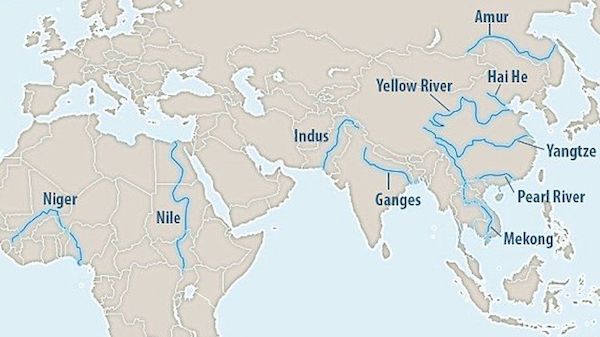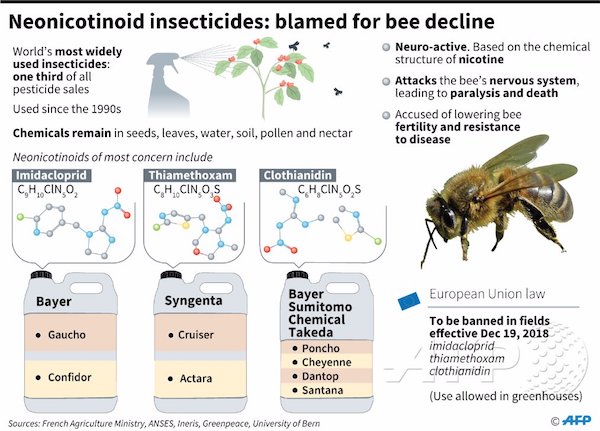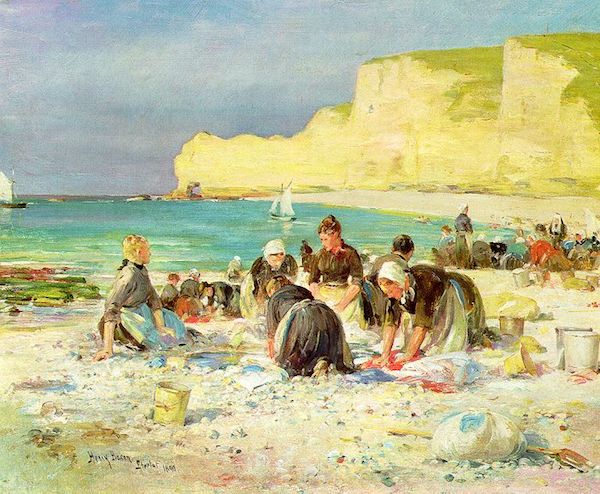
Pablo Picasso Bathers and dog 1922

This may seem an odd choice to open a Debt Rattle with, but it’s really not. The Guardian reporting that French police weapons are under scrutiny is a perfect example of how western media refuse to report on what is happening in France. This is not about a choice of weapons, but about instructing police to inflict brutality on their own people. A high-profile Yellow Vest ‘member’ lost an eye, and that’s bad, but he’s number 17 to which this happens that we know of, an equal amount of people have died, scores have lost limbs, and there’s a whole range of other serious injuries.
Where are the detailed reports on all that? There are plenty videos out there of crazy police brutality, but the MSM leaves them alone. And here I’m wondering what happened to the police we saw just weeks ago coming together with protesters. What are the instructions that brought on this move into unparalleled violence, and who issued them? What we do see about Macron is his demands for Maduro to step down. Somone needs to demand he does just that himself.
Like Britain with its fantasy Brexit soap opera, France finds itself in a very deep democracy crisis. The media ignoring that doesn’t make a difference anymore. You can bet the French see it all on social media.
• French Police Weapons Under Scrutiny After Gilets Jaunes Injuries (G.)
The French government is under growing pressure to review police use of explosive weapons against civilians after serious injuries were reported during gilets jaunes street demonstrations, including people alleged to have lost eyes and to have had their hands and feet mutilated. France’s legal advisory body, the council of state, will on Wednesday examine an urgent request by the French Human Rights League and the CGT trade union to ban police from using a form of rubber-bullet launcher in which ball-shaped projectiles are shot out of specialised handheld launchers. France’s rights ombudsman has long warned they are dangerous and carry “disproportionate risk”.
Lawyers have also petitioned the government to ban so-called “sting-ball” grenades, which contain 25g of TNT high-explosive. France is the only European country where crowd-control police use such powerful grenades, which deliver an explosion of small rubber balls that creates a stinging effect as well as launching an additional load of teargas. The grenades create a deafening effect that has been likened to the sound of an aircraft taking off. France’s centrist president, Emmanuel Macron, is facing renewed calls to ban such weapons after Jérôme Rodrigues, a high-profile member of the gilets jaunes (yellow vests) demonstrators was hit in the eye on Saturday in Paris. He is said by his lawyer to have been disabled for life.
Rights groups say Rodrigues’s case is the tip of the iceberg. Lawyers estimate that as many as 17 people have lost an eye because of the police’s use of such weapons since the start of the street demonstrations, while at least three have lost their hands and others have been left with their face or limbs mutilated. Injuries have happened at demonstrations in Paris and other cities, including Bordeaux and Nantes.

May ‘wins’ permission to change her own Brexit deal. Which she repeatedly said cannot be changed.
Apologies if some of the following articles appear to repeat, I wanted a few different points of view. Not that any of them put their fingers where it hurts: a deep deep crisis.
• May Regains Control Of Brexit, But Has No Idea What To Do With It (Ind.)
What to say, at the end of another “historic” day in the Greatest S***show on Earth? We reach again into the “it’s like…” cupboard but this time it’s completely bare. There are no more bald men and no combs to come to our service. There are no boulders and no hills. There are no deckchairs, no Titanic, no piss ups and no breweries. There are no turds and no polish. Even the glitter has all run out. There is now only the thing itself, reaching beyond all similitude. Brexit: The Eternal Crapness. The Unsurpassable Embarrassment. There is no spice worth adding to the events themselves. No salt can augment the terrifying umami of such base inadequacy.
So here’s what happened. The House of Commons voted to rule out “no deal.” But it also voted against both the practical solutions put on the table to make it happen. It voted to send Theresa May back to Brussels to re-open negotiations on the Withdrawal Agreement. At the precise moment it did so, the European Commission released a statement saying it cannot be re-opened. Theresa May was victorious, in her own way. But she was victorious in the defeat of her own deal. A small bit of background might be useful. In November, after two years of boldly claiming “no deal is better than a bad deal”, Theresa May finally achieved a deal, which everyone instantly agreed was bad.
Theresa May, on several occasions, has agreed it is bad. At that point, she stood outside 10 Downing Street and said that, actually, it turns out, a bad deal was better than no deal. And, more to the point, that this was “the only deal.” Over the last two months, she has stood at the despatch box of the House of Commons and declared that her deal is “the only deal”, that it “cannot be renegotiated” upwards of a hundred times, spread over more than twenty hours. She has said it is “the only deal”, and that it “cannot be renegotiated”, because the European Union have said the same themselves, with the same regularity, and the same consistency. Now, she has decided it can be renegotiated after all, which it can’t.

It’s no longer Theresa May’s delusion, all MPs are now accomplices. And that certainly includes Jeremy Corbyn. How can you vote for something you know doesn’t exist? Or just sit there while others do it?
• UK MPs Vote To Renegotiate Irish Backstop (G.)
Theresa May was handed a two-week deadline to resuscitate her Brexit deal last night after she caved to Tory Eurosceptics and pledged to go back to Brussels to demand changes to the Irish backstop. With just 59 days to go until exit day, MPs narrowly passed a government-backed amendment, tabled by the senior Tory Graham Brady, promising to replace the Irish backstop with unspecified “alternative arrangements”. But within minutes of the Commons result the European council president, Donald Tusk, announced that the EU was not prepared to reopen the deal. “The withdrawal agreement is, and remains, the best and only way to ensure an orderly withdrawal of the United Kingdom from the European Union,” a spokesman for Tusk said.
“The backstop is part of the withdrawal agreement, and the withdrawal agreement is not open for renegotiation.” Leo Varadkar, the Irish taoiseach, said the EU needed to “hold our nerve”. On a dramatic day in Westminster the House of Commons also served notice that it would not support the government if it pursued a no-deal Brexit, undermining what May regards as one of her key bargaining chips in the days ahead. However, May said: “It is now clear that there is a route that can secure a substantial and sustainable majority in this house for leaving the EU, with a deal.” She repeatedly stressed protections for workers’ rights, as well as mooting changes to the backstop in the hope of winning over Labour MPs, and promised to keep “battling for Britain”

This has been obvious for a long time.
• There Will Be No Renegotiation Of Irish Backstop, Says EU (G.)
Theresa May immediately hit a brick wall in Brussels after being backed by MPs to reopen the withdrawal agreement, as Donald Tusk, with the backing of Emmanuel Macron, said the EU would not renegotiate. Within minutes of the Commons backing the prime minister’s plan to replace the Irish backstop, a spokesman for the European council’s president insisted Tusk would not permit any changes to the deal already agreed with Downing Street. Tusk, the EU’s most senior official, instead urged the prime minister to explain her next steps, claiming the agreement negotiated over the last 20 months “remains the best and only way to ensure an orderly withdrawal of the United Kingdom from the European Union”.
The spokesman added: “The backstop is part of the withdrawal agreement, and the withdrawal agreement is not open for re-negotiation.” In an apparent sign that the EU now fears that the impasse in the Brexit talks is unlikely to be broken within the coming weeks, Tusk’s spokesman said Brussels was open to a delay to Brexit beyond 29 March. An amendment backed by the Labour MP Yvette Cooper ordering the government to ask for an extension was defeated on Tuesday evening but the Commons is set to vote again in mid-February. “Should there be a UK reasoned request for an extension, the EU27 would stand ready to consider it and decide by unanimity”, the spokesman said. “The EU27 will adopt this decision, taking into account the reasons for and duration of a possible extension, as well as the need to ensure the functioning of the EU institutions.”

Ironically, they may not have the power to rule it out. If May doesn’t ask for an Article 50 extension soon enough, a Hard Brexit will just happen.
• British Parliament Rules Out Hard Brexit (MW)
The British Parliament on Tuesday passed an amendment to rule out a no-deal or hard Brexit, as well as an amendment to replace the Irish backstop proposal with an ‘alternative arrangement’. The outcome of the parliamentary vote is not legally binding for the government. The no-deal amendment passing indicates that a no-deal Brexit scenario continues to be the least likely, supporting market expectations. Prime Minister Theresa May said she would take this mandate to obtain legally binding changes in the EU withdrawal agreement. Parliament voted on a total of seven amendments on Tuesday, which included a proposal extend the Brexit timeline and to postpone the Brexit date if no deal was found until late February. The British pound plummeted against both the U.S. dollar and the euro after the latter amendment got rejected.

Blatant nonsense and a lie: “There is limited appetite for such a change in the EU and negotiating it will not be easy,” said May..
• UK Demands Brexit Deal Change, EU Says: ‘Non’ (R.)
Less than two months before the United Kingdom is due by law to leave the EU, investors and allies are trying to gauge where the Brexit crisis will ultimately end up with a disorderly Brexit, a delay to Brexit, or no Brexit at all. Two weeks after voting down May’s Brexit deal by the biggest margin in modern British history, parliament demanded she return to Brussels to replace the so-called Irish backstop, an insurance policy that aims to prevent the reintroduction of a hard border between Ireland and Northern Ireland. “There is limited appetite for such a change in the EU and negotiating it will not be easy,” May told lawmakers who voted 317 votes to 301 to support the plan, which had the backing of influential Conservative lawmaker Graham Brady.
“I agree that we should not leave without a deal. However, simply opposing no deal is not enough to stop it,” said May, an initial opponent of Brexit who won the top job in the chaos following the 2016 referendum. May said she would seek “legally binding changes” to the divorce deal which she clinched in November with the EU after two years of tortuous negotiations. In essence, May will try to clinch a last-minute deal by using the implicit threat of a no-deal Brexit from the other 27 members of the EU whose economy is, combined, about six times the size of the United Kingdom’s. The response from European capitals was blunt.

Nobody has the guts to tell the empress about her wardrobe.
• Theresa May’s Victory: A Pyrrhic Success Built On Fantasy (G.)
Theresa May won a rare triumph on Tuesday night in the Commons. She came back from the greatest parliamentary loss by a government to secure, miraculously, a majority to refresh her wilted withdrawal agreement. Mrs May has had to vote against her own defeated deal to do so. She has had to offer MPs another chance to judge her government in a fortnight’s time. She has had to offer assurances that workers’ rights would be respected and that going forward she would take MPs of all opinions into her confidence. These are undoubtedly moves in the right direction.
However, it is difficult to see how the prime minister will deliver on her parliamentary success. Much more likely, her victory will turn out to be a pyrrhic one. Mrs May put party before country to be on the winning side of the parliamentary vote. She did so by hitching a lift on a Brexiter flight of fantasy, telling MPs she can achieve a “significant and legally binding change to the withdrawal agreement” which would provide “alternative arrangements” to the Irish backstop. The danger is that Mrs May has raised expectations that cannot be met. The backstop is an insurance mechanism in the exit treaty – designed to prevent a hard border on the island of Ireland – which angered Brexiters who say it potentially traps the UK in a customs union with the EU.
Earlier this month Mrs May told MPs: “The simple truth is that the EU was not prepared to agree to [changes in the withdrawal agreement] and rejecting the backstop … means no deal.” What was impossible before is now apparently just difficult. The prime minister effectively told MPs she could renegotiate the backstop element of her Brexit deal and replace it with a free-trade agreement with as-yet-unknown technology to avoid customs checks on the Irish border. The French president, Emmanuel Macron, was quick to say the withdrawal agreement would not be reopened, a put down that will be hard to live down.

Now it’s the CIA vs the Supreme Court. We’re waiting for Putin.
• Venezuela Supreme Court Freezes Guaidó’s Bank Accounts, Imposes Travel Ban (G.)
Venezuela’s supreme court has imposed a travel ban and financial restrictions on self-declared interim president Juan Guaidó, including freezing his bank accounts. On Tuesday, the political crisis deepened as the country’s attorney general ordered an investigation into the opposition leader, who last week declared himself interim president in a rare challenge to the incumbent, Nicolás Maduro. Tarek Saab, a Maduro loyalist, announced that Juan Guaidó – who has received the backing of the US and other regional powers including Brazil and Colombia – would be investigated over his supposed role in “serious crimes that threaten the constitutional order”.
Hours earlier the US tightened the screws on Maduro by announcing sweeping sanctions against the country’s state-owned oil company PDVSA in what experts said was an attempt to economically asphyxiate his regime. A series of anti-Maduro demonstrations are due to take place on Wednesday in Caracas, the capital, and across the country. Speaking to Russian news agency RIA on Wednesday morning, Maduro said he was ready for talks with the opposition, with the participation of international mediators. “I am ready to sit at the negotiation table with the opposition for us to talk for the benefit of Venezuela, for the sake of peace and its future,” he said. Maduro said the US sanctions were one of US national security adviser John Bolton’s “craziest” ideas and that he would emerge the victor in the standoff.

So stocks soar 6%. Obviously.
• Apple Reports First Decline In Revenues And Profits In Over A Decade (G.)
Apple reported its first decline in revenues and profits in over a decade on Tuesday. Weak iPhone sales and a downturn in China reduced the tech company’s revenue by 4.5% to $84.3bn in the three months ending 29 December compared with the same period last year. Profits fell slightly to $19.97bn. Revenues from China were $13.17bn during the quarter, a drop of nearly $5bn from a year ago. The results came three weeks after Apple shocked investors with its first profits warning since 2002. It has been a trying month for Apple. On 3 January Apple cut its sales forecasts for the key end of year period citing the “magnitude” of the economic slowdown in China.
It was the first profits warning Apple has made since it launched the iPhone, a product that propelled the company into the top tier of tech companies and briefly made it the most valuable company in history. That warning wiped $55bn (£44bn) off the company’s value, led to its shares being briefly suspended and rattled investors worldwide as analysts began to worry about how other companies might be hit by China’s slowing growth. Apple’s share price has since recovered but remains $266bn less than the record-breaking $1tn the company was valued at in August, the first company ever to be valued that high. [..] Apple’s share price rose over 6% in after hours trading following the release of its latest financials. The numbers were broadly in line with analysts’ expectations and iPhone revenues were higher than expected.

So when are governments and markets demand China come clean on its actual numbers?
• How Hard China’s Slowdown Could Hit Global Economic Growth (MW)
The slowdown in global growth bears strong resemblance to a 2015-16 episode that was driven in large part by softness in China. This time around, China’s problems could prove even more damaging, warned economists at Oxford Economics. “The Chinese slowdown could have serious negative consequences for world growth if it intensifies. Our model simulations suggest that world growth could slow to a decade low of 2.3% in 2019 if Chinese growth slows sharply and could drop below 2% in the event of a combined slowdown in China and the U.S.,” wrote Adam Slater and John Payne in a Tuesday note (see chart).
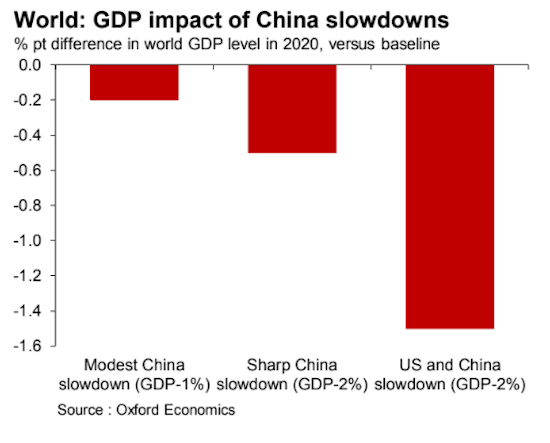
The warning comes as investors attempt to parse the drag China’s woes could have on earnings for U.S. corporations as earnings season moves into full swing. Shares of Caterpillar slumped Monday after it blamed weak demand from China in part for sales that badly missed Wall Street expectations. Caterpillar was the latest of a growing number of industrial companies who have said sales are softening in China. [..] the economists noted three ways China’s problems can weigh on global growth:
• Weaker domestic demand growth in China cuts imports of final goods (consumer and investment goods) from the rest of the world (ROW).
• Weaker Chinese export growth reduces demand for imports of intermediates and raw materials from ROW, a significant channel given the relatively high import content of Chinese exports.
• Weaker Chinese demand pushes down prices of key global commodities like iron ore and copper, inflicting terms of trade losses on exporters of these products (mostly emerging markets).“All these channels seem to be operating,” the economists wrote, noting that China’s import volumes fell sharply in late 2018, with some of the biggest falls suffered by the country’s key Asian partners and component suppliers such as Singapore, Korea, Thailand and Taiwan. China-sensitive commodities are also beginning to feel pressure, they noted, with an index they use to track prices off 11% year-over-year in January after being up 16% year-over-year as recently as May. And the effects of the U.S.-China trade dispute are becoming visible, with China’s goods imports from the U.S. down 30% year-over-year in December; Chinese exports to the U.S., which had been holding up, are also starting to slip, they said.
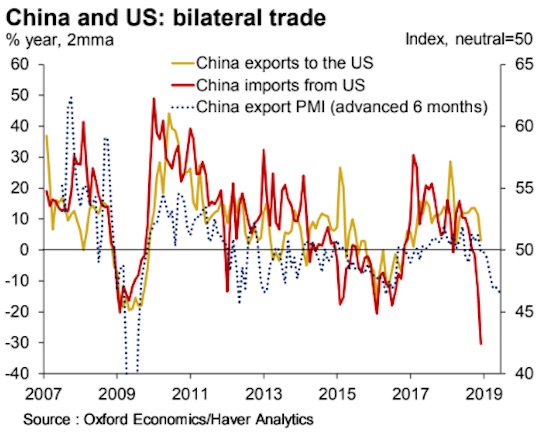

Sounds almost hopeful…
• China Fast Tracks New Foreign Investment Law As US Talks Loom (R.)
China’s parliament will vote in March on a new foreign investment law that will ban forced technology transfer and illegal government “interference” in foreign business practices, the official Xinhua News agency reported in Wednesday. The time-table suggests the law will probably be formally approved then by the largely rubber-stamp legislature, accelerating a process that usually would take a year or more as Beijing rushes to meet Washington’s demands in order to de-escalate their trade war. The full annual session of parliament, which opens on March 5, only tends to pass select landmark legislation, with other laws being passed by its standing committee.
Parliament is unlikely to reject the law as its delegates are chosen for their loyalty to the ruling Communist Party and its agenda. The Trump administration has accused Beijing of intellectual property (IP) theft and forced IP transfers, demanding change and threatening further tariffs since trade tension flared between two countries last year. China has repeatedly rebutted such accusations. The two sides will hold two days of talks in Washington starting on Wednesday in the highest-level discussions since U.S. President Donald Trump and Chinese President Xi Jinping agreed a 90-day truce in their trade war in December.

… but reality is different. The tariffs deadline is March 2.
• US, China Face Deep Trade, IP Differences In High-Level Talks (R.)
The United States and China launch a critical round of trade talks on Wednesday amid deep differences over Washington’s demands for structural economic reforms from Beijing that will make it difficult to reach a deal before a March 2 U.S. tariff hike. The two sides will meet next door to the White House in the highest-level talks since U.S. President Donald Trump and Chinese President Xi Jinping agreed a 90-day truce in their trade war in December. People familiar with the talks and trade experts watching them say that, so far, there has been little indication that Chinese officials are willing to address core U.S. demands to protect American intellectual property rights and end policies that Washington says force U.S. companies to transfer technology to Chinese firms.
The U.S. complaints, along with accusations of Chinese cyber theft of U.S. trade secrets and a systematic campaign to acquire U.S. technology firms, were used by the Trump administration to justify punitive U.S. tariffs on $250 billion worth of Chinese imports. Trump has threatened to raise tariffs on $200 billion of goods to 25 percent from 10 percent on March 2 if an agreement cannot be reached. He has also threatened new tariffs on the remainder of Chinese goods shipped to the United States. “Clearly on the structural concerns, on forced technology transfer, there remains a significant gap if not a wide chasm between the two sides,” a person familiar with the talks told Reuters.

This should be an easy choice. Instead, it’s simply not going to happen.
• Scientists Demand Military Sonar Ban To End Mass Whale Strandings (Ind.)
Scientists have called for a wide-scale ban on the use of sonar to protect whale populations after a study highlighted a link between the military sound pulses and mass strandings in which dozens of the mammals have died. Marine biologists have long warned that the creatures’ senses could be damaged by sonar, with the unfamiliar noises coming from vessels confusing the animals. Experts said the mammals often attempt to swim away from the sound source, leading them to become disorientated. For deep-diving marine life such as the beaked whale, which was the focus of the study, sonar can lead the animals to ascend too rapidly, causing decompression sickness. This in turn has contributed to an increase in the number of whales dying in mass stranding events.
Researchers at the University of Las Palmas de Gran Canaria focused exclusively on beaked whales in the seas surrounding the Canary Islands. They found that a sonar ban introduced there in 2004 had been effective in reducing whale strandings and called for more sites to be established to prevent further deaths, including in the Mediterranean, where beaked whales are listed as vulnerable. “Animals may respond to stressful situations by exhibiting the ‘flight or fight response’ with increased heart and metabolic rates, often accompanied by fast movement away from the perceived stressor,” wrote the authors of the report, published in the Proceedings of the Royal Society journal. “We recommend a moratorium on mid-frequency active sonar in those regions where atypical mass stranding events continue.”



